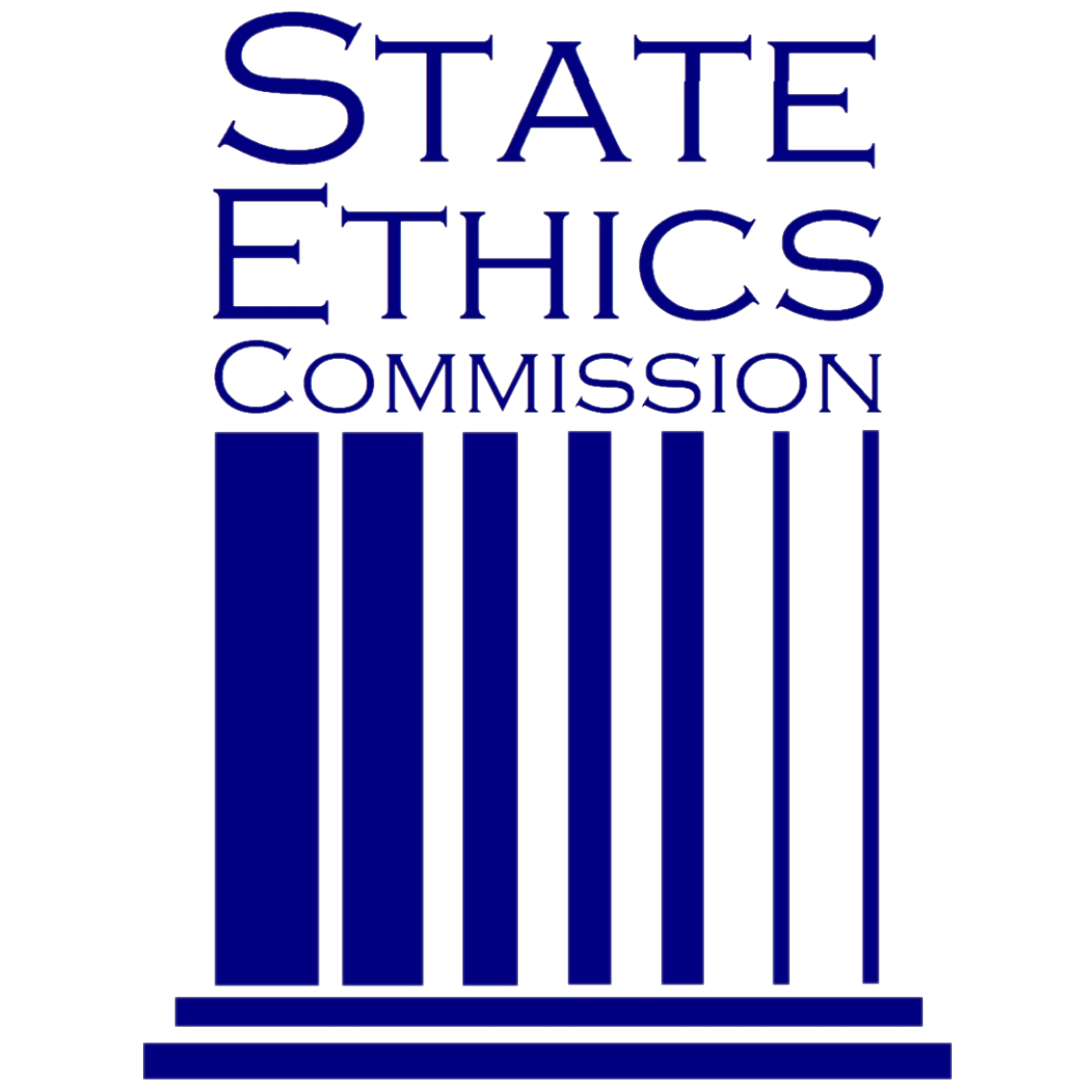- David A. Wilson, Executive Director
Media Contact
Gerry Tuoti, Public Information Officer
Boston, MA — The State Ethics Commission has issued a Final Decision and Order finding that Aquinnah Select Board member Gary Haley violated the conflict of interest law by selecting himself to install underground conduits for utility wires for the town and by approving the town’s payment of his $17,445 invoice for the work. The Commission ordered Haley to pay a $10,000 civil penalty for the violations.
In spring 2018, the town and three utility companies were involved in a project to remove overhead wires at Aquinnah Circle and bury them underground. When two of the companies were unable to install the underground conduits for their wires in the trench opened for that purpose, Haley, a master electrician, told the Town Administrator that he would perform the work for the town for free. As a Select Board member, Haley was the Town Administrator’s boss.
On the first day of the job, Haley learned that the electrical utility’s contractor, who was placing the electrical conduits at the bottom of the trench, was not going to place a layer of sand over them needed before Haley could install the two other companies’ telecommunications conduits above them in the trench. Without consulting the town, Haley decided that he would do this additional work and seek payment from the town for it. Haley later billed the town $17,445 for the work, and, as a Select Board member, approved an expense warrant that included his invoice.
The conflict of interest law prohibits municipal employees from participating in their official capacity in matters in which they know they have a financial interest. The Commission found that Haley violated this prohibition when, as a Select Board member, he decided that he would install the conduits, unilaterally decided that the town would be charged for the work, determined on his own what the payment to himself would be, and then signed off on the town’s payment to himself.
The Commission found that Haley did not violate the section of the conflict of interest law prohibiting municipal employees from contracting with their employing municipality because no contract with the town was created when Haley first offered the town a gift of his services, then billed the town for his work after the scope of that work expanded. Observing that Haley had done an “end run around” the prohibition, the Commission concluded, “However objectionable this conduct might be, it did not create a contract,” but stated, “We do not condone this conduct any more than we could condone a violation.”
The Commission also found that it was not established that Haley violated the conflict of interest law’s prohibition against a municipal employee submitting a false or fraudulent claim for payment to the town when he charged the town for 22 hours of work by himself and two laborers. The Commission found it was not proved that Haley did not do this work. Although the evidence raised questions regarding whether two laborers Haley claimed to have paid performed the work or whether other workers did this work without receiving pay from Haley, the Commission found it was not proved that the town did not receive 22 hours of work by two laborers.
The issuance of the Decision and Order concludes the Commission’s adjudicatory proceeding against Haley, which was initiated when the Commission’s Enforcement Division filed an Order to Show Cause against Haley on May 19, 2021. Haley has until 30 days after the issuance of the Decision and Order to file an appeal to the Superior Court.
The Commission encourages public employees to contact the Commission’s Legal Division at 617-371-9500 for free advice if they have any questions regarding how the conflict of interest law may apply to them.
###
